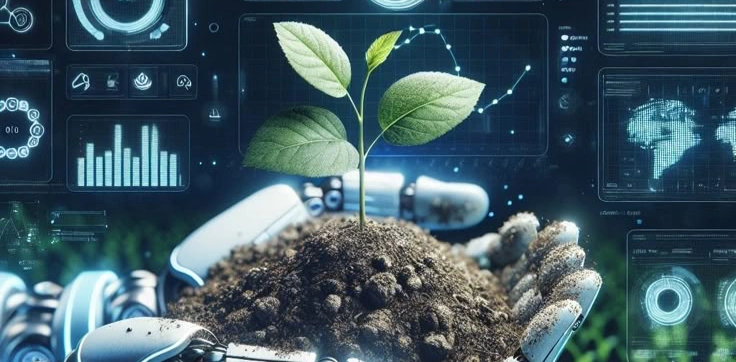Environmental Education
Environmental education is a key tool for cultivating environmental awareness, responsible behavior, and a conscious attitude toward nature. In the face of a deepening environmental crisis, education is more than knowledge transfer—it is a means of shifting mindsets and lifestyle choices. It helps people of all ages understand the vital interconnections between humans and the natural world.
In schools and universities, environmental topics should be central. Through biology, geography, chemistry classes, and social projects, students can learn about issues such as climate change, biodiversity loss, pollution, and sustainable development. Hands-on activities, environmental campaigns, and trips to nature reserves foster a sense of responsibility and practical conservation skills.
For adults, environmental education is delivered through workshops, lectures, online courses, documentaries, and community programs. It's especially important to train professionals, government officials, and business leaders in environmental safety and sustainable management. A society where all citizens have basic ecological knowledge is more likely to make informed decisions and support environmental policy.

The role of media and social networks in promoting environmental awareness is crucial. These platforms shape public discourse, report on ecological crises, and share solutions and innovations. Involving celebrities and influencers helps engage wider audiences and increase public interest in environmental protection.
Environmental education is an investment in a future where sustainability, resource mindfulness, and harmony with nature are everyday norms. The ecological literacy of today’s population will define the world inherited by future generations.

Close